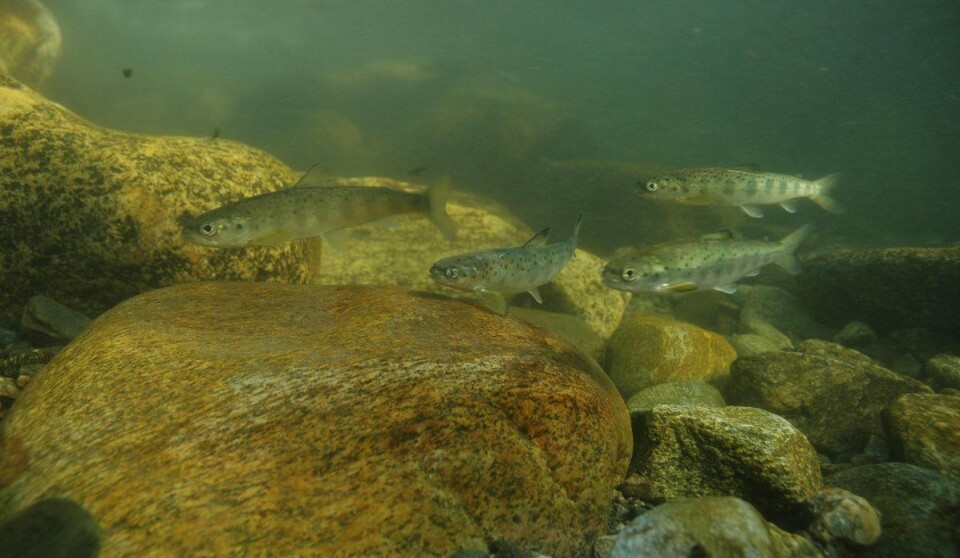
Anglers back salmon tracking project after critic's attack
Angling lobby group Salmon and Trout Conservation (S&TC) has issued a statement spelling out its support for a project to track wild smolts on the west coast of Scotland.
The move follows anonymous criticism of the project which appeared briefly on anti-salmon farming Facebook site Inside Scottish Salmon Feedlots (ISSF) earlier this week and was also sent to Fish Farming Expert. ISSF manager Corin Smith told Fish Farming Expert he removed the post after realising it was anonymous.
“Given the content was critical I felt it was unfair the comments remained, as ISSF has always thrived on a policy of transparency with comment and discussion between real people,” said Smith.
‘Flawed and conflicted’
The critic, who used the pen name “lakselve” (Norwegian for “salmon river”), argued that the project is “deeply flawed and conflicted and is simply being used to delay the Scottish Government taking meaningful action to protect wild salmon from sea lice from open cage salmon farms on the West coast”.
“Lakeselve” claimed considerable doubts about the potential of the tracking project to work had been raised by Scottish Government scientists.
The critic continued: “The project is being part funded by private funds from salmon farming, which are being donated to the Atlantic Salmon Trust, who are meant to oppose salmon farming.
‘Delaying regulation’
“The project is not about conservation of wild fish. It is about furthering the interests of salmon farming by delaying regulation.
“Others have also raised concerns that hundreds of receivers in the Minch and the West Coast risk lots of entanglement of whales, dolphins and seals.”
“Lakeselve” attached copies to correspondence, apparently obtained under a Freedom of Information request, in which Scottish Government employees pointed out possible pitfalls of using acoustic arrays to track tagged smolts on the west coast. These included the intensity and distribution of fishing.
‘Very useful data’
S&TC yesterday issued a statement saying it would like to clarify its position over the £750,000-plus tracking project, which Scottish environment secretary Roseanna Cunningham helped launch on Tuesday.
“We believe that this project, planned and agreed between Marine Scotland, Fisheries Management Scotland and the Atlantic Salmon Trust, should produce very useful data as to the migration routes taken by smolts leaving West Coast of Scotland rivers,” stated the S&TC.
“We recognise that the project is underpinned by good science and will be ably delivered by the project partners, so we wish it every success. As with all similar scientific projects, the results will inevitably take some time to materialise, later in 2020.”
Call for action
The angling group also said that regulation of the Scottish salmon farming industry must be actioned immediately, “in line with the recommendations from the two Parliamentary Inquiries held in 2018”.
“It is now more than a year since the Rural Economy and Connectivity Committee reported 65 recommendations as to how the industry should be managed and regulated so as to make it more environmentally sustainable. S&TC believes the time has now come for regulatory action to be enforced with immediate effect.”
Real reasons for decline
Hamish Macdonell, director of the Scottish Salmon Producers’ Organisation (SSPO), said none of the £750,000 joint funding announced this week for the tracking project was coming from the SSPO or its member companies.
“Any initiative which helps solve the riddle of what is really happening to Scotland’s wild salmon should be welcomed,” said Macdonnell.
“If this project does shed more light on the fate of Scotland’s missing wild salmon then it should help focus attention on the real reasons behind the decline.”























































